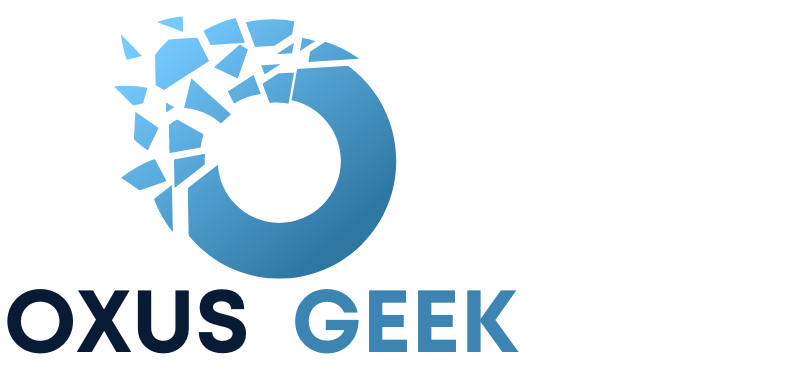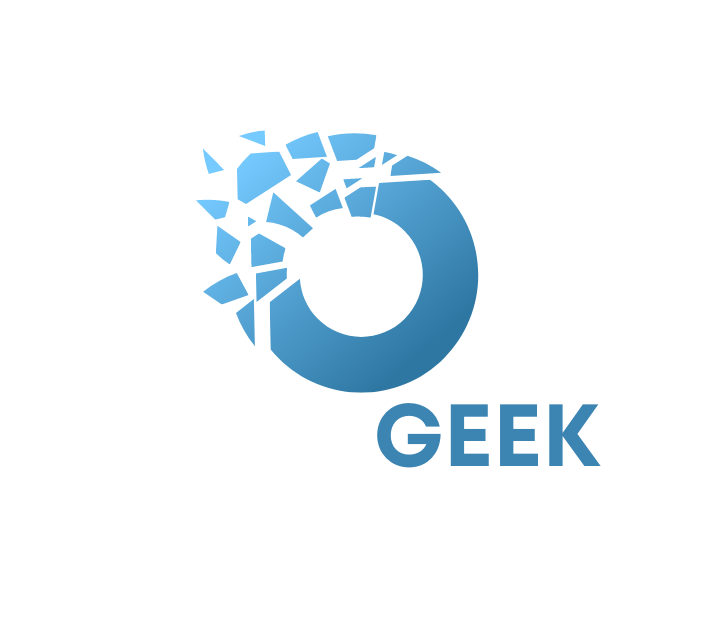System administrators use a variety of tools to manage and maintain computer systems and networks effectively. Here are some common tools used by system administrators:
PowerSheel ISE
The PowerShell ISE is a highly interactive environment built on the .NET Framework, allowing you to run numerous commands in real-time. Designed specifically for power users and system administrators, it facilitates the automation of processes for applications and the administration of operating systems, including macOS, Windows, Linux, and Unix. Additionally, you can execute cmd.exe commands within the PowerShell environment.
CloneZilla
Clonezilla is a disk imaging and cloning program similar to True Image® or Norton Ghost®. It is ideal for system deployment, bare metal backup, and recovery. There are three versions: Clonezilla Live for single machine backup and restore, Clonezilla Lite Server, and Clonezilla SE (Server Edition) for large-scale deployment. Clonezilla Lite Server and SE can clone over 40 computers simultaneously. It saves and restores only used disk blocks, increasing efficiency. With high-end hardware, it can achieve multicast restoring speeds of 8 GB per minute in a 42-node cluster.
PuTTY
PuTTY is a versatile and widely-used terminal emulator, serial console, and network file transfer application. It is primarily known for providing secure shell (SSH) connectivity, enabling users to remotely access and manage devices and servers over a network. Originally developed for Windows, PuTTY supports various protocols including SSH, Telnet, rlogin, and raw socket connections, making it a valuable tool for network administrators and developers. With features like session logging, file transfer capabilities through SCP and SFTP, and robust security options, PuTTY stands out as a powerful utility for managing remote systems efficiently.
Dnsmasq
Dnsmasq is a handy tool for managing small networks. It offers services like DNS (translating website names to IP addresses), DHCP (assigning IP addresses to devices), router advertisement, and network booting. It’s designed to be lightweight, so it works well on devices with limited resources, like routers and firewalls. You can also find it used for sharing internet connections on smartphones and creating virtual networks in virtualization setups. Dnsmasq supports various platforms, including Linux, Android, BSD systems, and macOS. It’s commonly included in Linux distributions and BSD ports systems. Plus, it fully supports IPv6.
KeePaas
KeePass is a free, open-source password manager that helps you securely manage your passwords. It allows you to store all your passwords in a single database, which you can lock with a master key. This way, you only need to remember one master key to access all your passwords. The database files are encrypted with top-tier encryption algorithms (AES-256, ChaCha20, and Twofish) to ensure maximum security.
Know any System Administrator tools that you would like to share? leave comment below.


